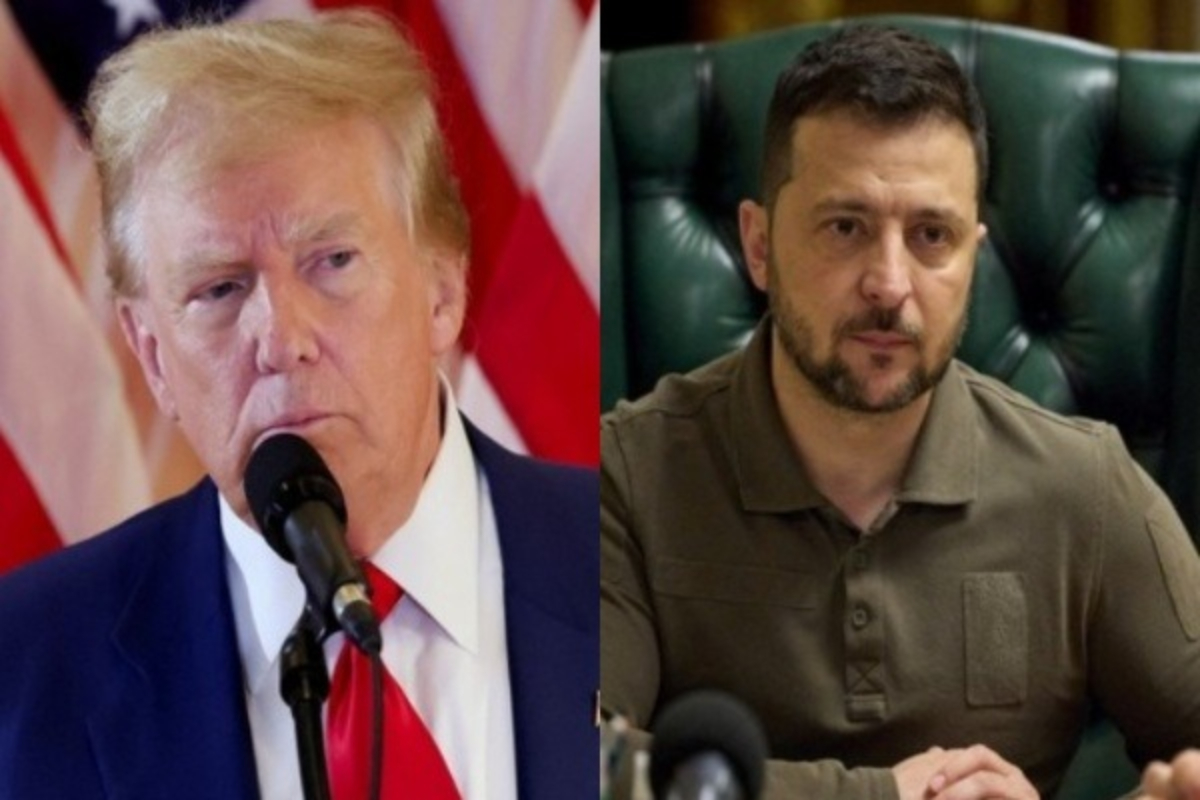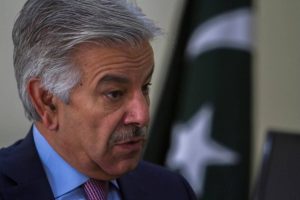In a significant diplomatic move, the United States and Ukraine have agreed on key measures to ensure safe navigation in the Black Sea and prevent commercial vessels from being used for military purposes. The agreement follows high-level discussions between US President Donald J. Trump and Ukrainian President Volodymyr Zelenskyy, with technical-level talks held from March 23-25 in Riyadh, Saudi Arabia, facilitated by the United States, according to a White House press release.
As part of the agreement, both nations committed to enhancing maritime security, preventing the use of force, and restricting the militarization of commercial shipping in the Black Sea. Additionally, the United States reaffirmed its support for the exchange of prisoners of war, the release of civilian detainees, and the return of Ukrainian children who have been forcibly transferred.
Another major outcome of the discussions was a joint commitment to implementing a ban on strikes against energy infrastructure in both Russia and Ukraine. This measure, initially agreed upon by Presidents Trump and Zelenskyy, aims to minimize damage to critical facilities and maintain regional energy stability. Both parties also welcomed potential involvement from third countries in supporting these maritime and energy-related agreements.
Reiterating their commitment to achieving a sustainable and lasting peace, the US emphasized President Trump’s stance that the ongoing violence in the Russia-Ukraine conflict must cease as a necessary step toward an enduring settlement. The US also expressed its commitment to facilitating diplomatic negotiations to advance a peaceful resolution, aligned with the agreements reached in Riyadh.
The White House also extended its gratitude to Saudi Crown Prince Mohammed bin Salman for his leadership and hospitality in hosting the discussions, recognizing Saudi Arabia’s role in fostering diplomatic dialogue and conflict resolution efforts.





